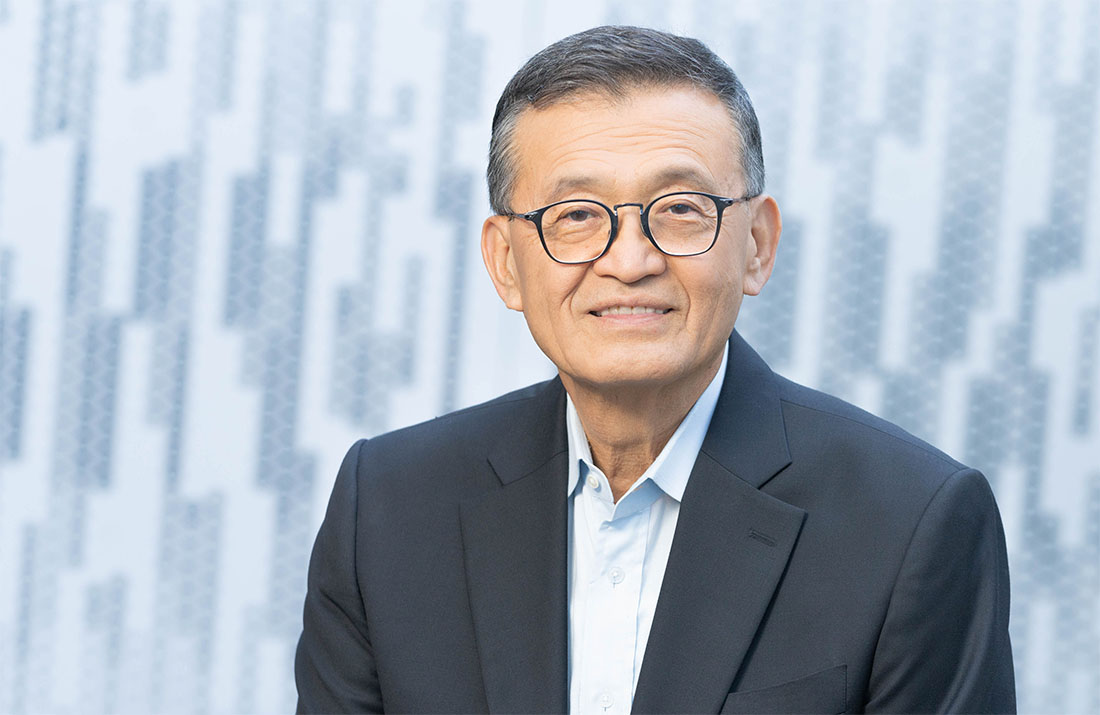
Photo Credit: Getty Images
Lip-Bu Tan, a prominent semiconductor industry veteran, has resigned from Intel's board, citing personal reasons and a need to "reprioritize various commitments." However, sources close to the situation reveal that his departure was fueled by differences with Intel's CEO, Pat Gelsinger, and other directors over the company's workforce size, risk-averse culture, and lagging artificial intelligence (AI) strategy.
Tan, the former CEO of Cadence Design Systems, joined Intel's board two years ago as part of a broader effort to regain the company's leadership position in the global chip industry. Over time, Tan became increasingly frustrated with Intel's bloated workforce and bureaucratic processes, which he believed hindered the company's ability to compete in the fast-paced semiconductor market.
Sources indicate that Tan was particularly critical of Intel's contract manufacturing approach and believed the company's AI strategy was not aggressive enough to keep pace with rivals like Nvidia, which has surged ahead in the AI space. Despite his concerns, Intel did not adopt all of Tan's recommendations for streamlining operations and focusing on innovation.
Tan's resignation comes at a challenging time for Intel, which is facing one of the most difficult periods in its history. The company has paused its long-standing dividend payments, cut capital spending on factory construction, and seen its market value decline significantly. Intel's efforts to build a successful foundry business have also faced setbacks, including the collapse of a $5.4 billion acquisition deal with Israel-based chip manufacturer Tower Semiconductor.
As Intel navigates its turnaround plan, Tan's departure highlights the ongoing struggles within the company. His exit also raises concerns among investors about Intel's ability to execute its strategy and remain competitive in an industry increasingly driven by AI advancements and rapid technological innovation.
















